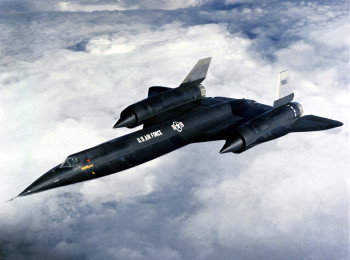 US defence contractor Lockheed Martin sees cyber security as its number one growth area over the next three to five years.
US defence contractor Lockheed Martin sees cyber security as its number one growth area over the next three to five years.
Although it is better known for its jet aircraft, Lockheed Martin is the main provider of IT technology to the US government, said expects double-digit growth in its overall cybersecurity business over the next three to five years.
Lockheed said it was making strong inroads in the commercial market by using its experience and intelligence gathered while guarding its own networks and those of government agencies.
Chief Executive Officer Marillyn Hewson said Lockheed was providing cyber security services for more than 200 customers around the world in the energy, oil and gas, chemical, financial services and pharmaceuticals business.
Hewson told the company’s annual media day that Lockheed had faced 50 “coordinated, sophisticated campaign” attacks by hackers in 2014 alone, and she expected those threats to continue growing.
Lockheed now represented a large number of companies on the Fortune 500 list, including 79 percent of utilities, 35 percent of oil and gas companies, 46 percent of chemical firms, and 46 percent of financial firms.
It has been helped by the fact that other weapons makers, including Boeing and Harris have largely exited the cyber security business after finding it difficult to generate any real cash.







